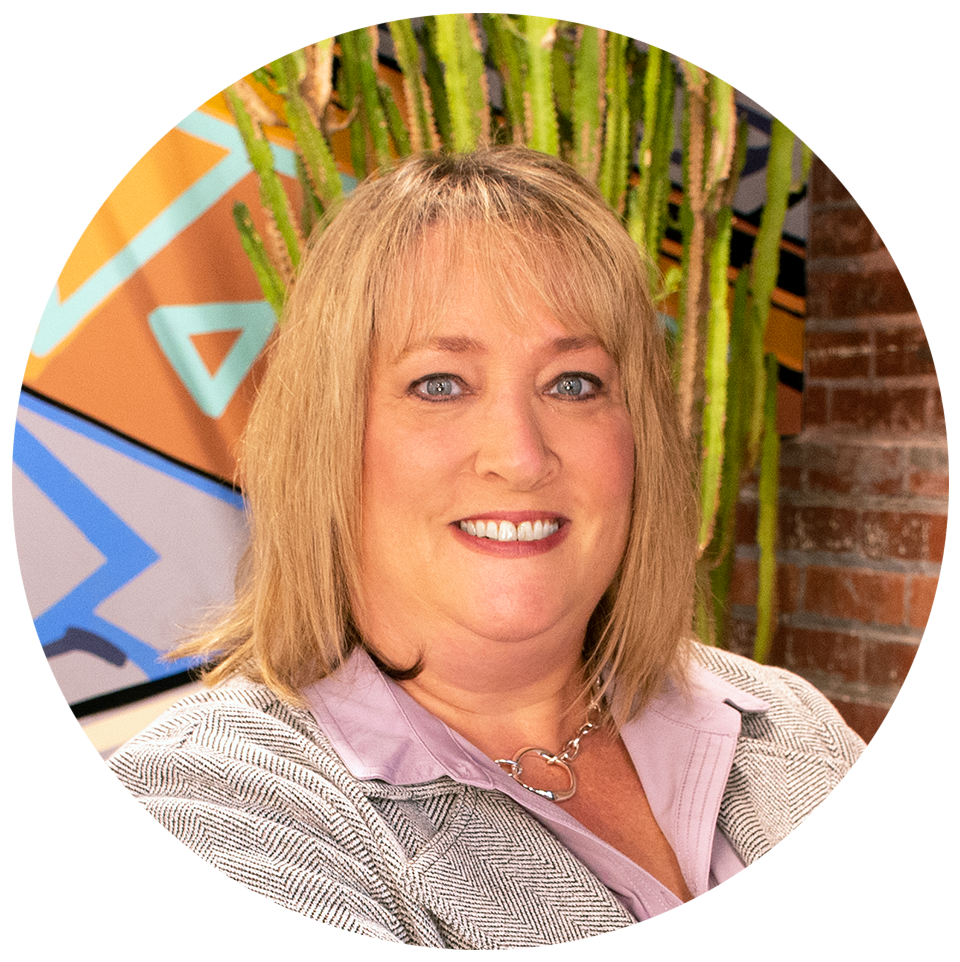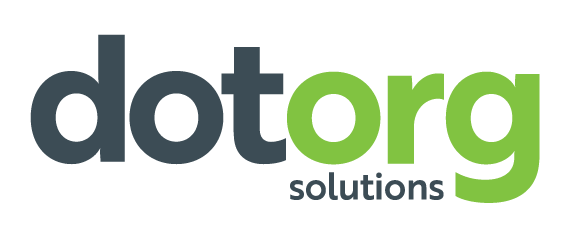Learning is a life-long process
My daughter, the oldest of my three kids, recently moved back home after her freshman year of college and I quickly realized the value of continuing to learn as we get older. Once we all settled back into our routine after adding another human back into our house (for those with college kids returning home, you know what I mean), I was amazed by all the questions she started asking. They’ve been great questions – some about finance, some about work, some about just other random mom and daughter stuff.
I’ve had similar conversations with my sons lately too. While their questions are a little more along the lines of those asked by teenage boys, they have been very relevant. What should I major in in college? What classes should I take next year? Can we stop at Subway for a snack on the way home before dinner? (I told you… teenage boys.)
Periods of transition
All the kids are at pivotal times in their lives. One is just starting to live on her own and the other two are finishing their first year of high school. All three are in a period of transition and it makes sense that they are asking questions. And I am glad that they can feel like they can come to me and talk through a problem instead of just burying their faces in their phones to get the answers.
Reflecting on the questions my kids asked me made me think about how we all go through periods of transition in our lives that require a little extra knowledge. Maybe we’re figuring out how to solve a major problem at work or deciding the best way to take care of aging parents. Regardless of our age, we must always be learning new things.
Personally, I’m constantly on the quest to know more. I ask lots of questions and thrive in situations where there are many complex things to sift through. I am curious about pretty much everything. So, when it comes to times of transition, I learn everything I can about it and do my best to make informed decisions. I ask questions. I find people who know more than me about a topic. I dig and I read.
Not everyone is wired that way. But there are still those pivotal times in both our life and our work where we need to just know some additional details to do something better.
So even if you aren’t constantly reading and seeking knowledge on random topics like I am, there are things that you can do to become a life-long learner.
Ask questions/ask for help
Some people believe that asking questions or asking for help are a sign of weakness. If you don’t know the answer, ask someone or look it up. When people say to me, ‘I have a dumb question,’ I say, ‘It’s not dumb if you don’t know the answer.’ And if you need help, ask for it. (I admit I still need to work on this one.)
Challenge yourself to try new things
It’s very easy for us to get wrapped up into a routine. Routines are comfortable and predictable. But sometimes they can lead to boredom, lack of creativity, reduced productivity and even physical/mental health problems. So, challenge yourself to do to new things. Try a new recipe, shop at a different store, listen to a different type of music or take a different route to work. Changing things up a little bit gives you a new perspective and can teach you something in the process.
Be a mentor/get a mentor
Learning is no fun if you cannot share what you have learned. It is also better to learn from others who have been in your shoes. I have found being a mentor (formally and informally) has let me pass along some experience and knowledge to others. I also seek out mentors (formally and informally) to help me both personally and in business. I have benefitted from amazing learning experiences both as a mentor and a mentee – and I know others can, too.
Get away from work and do things you enjoy
At certain times in your life, it is difficult to take much time for yourself outside of work (especially if you have a demanding career and a family). For me, that enjoyment comes from cooking, working in my yard, doing the Sudoku puzzles and watching my kids’ sports. The challenge is being mindful and present while doing it – no phones or computers allowed! I’ve done some of my best thinking (and learning) while doing something else because I have been able to clear my mind.
Trade Facebook for a real book
The average person in the U.S. spends 40-50 minutes a day on Facebook. (That doesn’t count other social media.) Take some time away from your newsfeed and consider picking up a real book. I know some of us enjoy reading more than others. (Personally, I tend to read – a lot. Newspapers, trade publications, blogs, books, magazines and other media are strewn throughout my house and I spend several hours a day reading – both for pleasure and for work.) I’m not suggesting that you read as much as I do, but trade 20 minutes of social media time daily for another type of reading. Find something you like to read and do it regularly. It’s a great way to relax and can even help you sleep better, which clears your head the next day for more learning.
Listen
Listening can come in many forms. It is the hardest way to learn for me and is something I continue to work on. Listen to a podcast instead of the radio on the way to work. Download an audio book and listen to it at the beach. Talk less in meetings (guilty here) and listen to what others have to say. Accept feedback when it is given and learn from it. Even if you are in a position of management or leadership, use management by wandering to find out what others think and use that to frame decisions.
I believe that anyone can become a life-long learner by making a few simple changes in their daily routine. It just takes a little bit of time and intention. By constantly learning and challenging our minds, it not only helps us mentally, but helps us navigate the challenging and rewarding times in our lives.
Like what you read? Subscribe to our weekly blog and it will be delivered directly to your inbox!

Amy Wong, president, Dot Org Solutions
Amy believes the world is a better place because of the special work that nonprofits do for our communities for making them better places to live, work and raise families. And as president of Dot Org Solutions, she is a champion for small businesses for the role they play in creating jobs, delivering important products and services, and keeping the economy strong.


